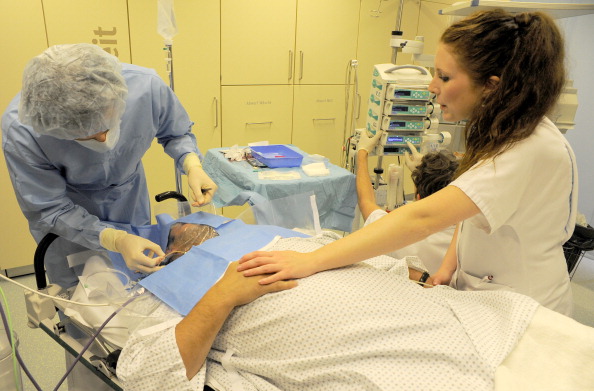
Doctors and patients of knee and hip replacement surgeries should pay more attention to another possible short-term risk after the procedure: heart attack.
Surgeries, no matter how advanced, carry a certain level of risk, including infection and internal bleeding. But for those who have gone through replacement surgery of the hip and/or the knee, the risk of having a heart attack within the next 30 days after the operation can be as high as 8 times.
The researchers behind the new study point out the possible under-estimation of heart attacks that occurred immediately or at least a month after these types of surgeries. Previous studies had suggested that the risk of heart attack was lower among those who had gone through the surgery. However, these studies had somehow excluded heart attack cases a few weeks after the surgery was completed.
For the study, Yuqing Zhang, an epidemiology and medicine professor of the Boston University School of Medicine and the lead researcher, looked into the records of patients who had gone through either a knee or hip replacement surgery due to osteoarthritis, a degenerative joint disease. Overall, his team worked with 20,000 records of people who are 50 years old and above. These data were then compared to individuals of the same age who were diagnosed of the same disease but didn't go through with the procedure.
They found out that those who had the surgery were 8 times more likely to suffer from a heart attack than those who didn't. The risk, further, was significantly higher during the first month after surgery.
One of the possible causes is the development of blood clots, which can stay in the body up to a year. These blood clots can clog the blood vessels and even rupture.
Also, the risks remain elevated despite medications such as aspirin. If there's any consolation, though, it's that the risk diminishes over time. Thus, the researchers didn't recommend patients to forgo these surgeries. Nevertheless, better post-surgical care measures should be in place.
